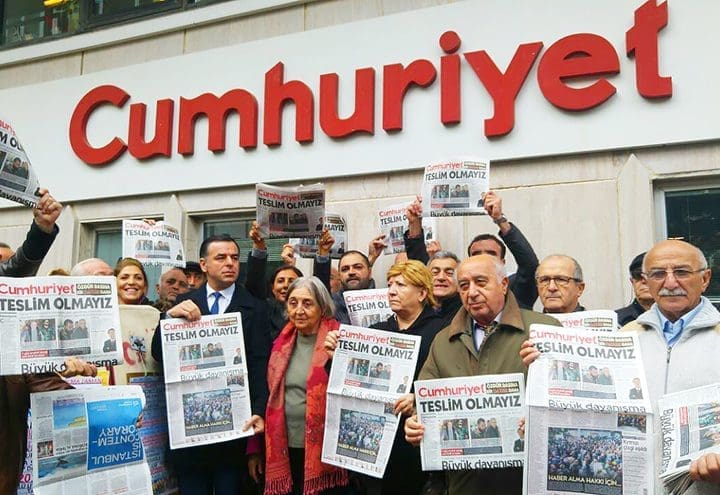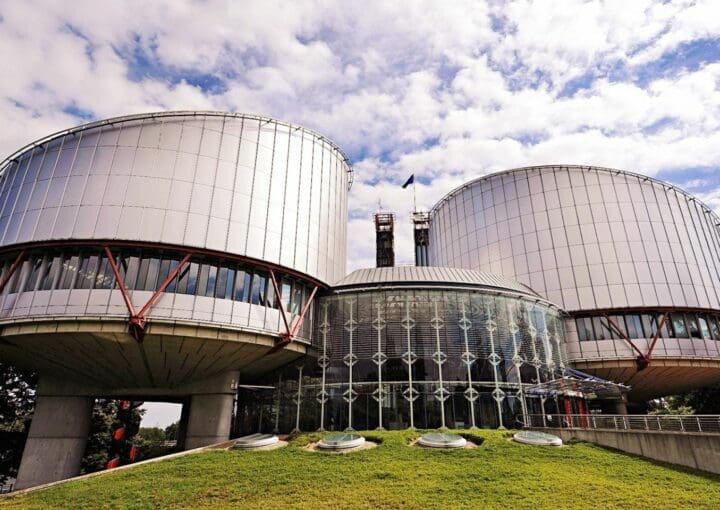As such, it offers an array of opportunities for the realisation of human rights and has — in many instances — been a catalyst for the empowerment of marginalised members of society. However, impediments to the internet’s use for the advancement of human rights seem to be growing.
Restrictions to access and internet disruptions are eroding the right to freedom of expression and associated rights. Suppressive tactics by governments and private actors cause significant challenges in accessing information online.
The unjustifiable restriction of access to the internet is a violation of human rights. This resource outlines some of the prevalent harms to internet access and provides guidance on how best to secure fundamental rights and freedoms in the digital age. This topic includes internet shutdowns, unjustifiable limitations on access to content through blocking and filtering, the implications of social media taxes, and more.
Summary Modules
Media Defence has developed a series of summary modules that provide an overview of the ways in which access to the internet and online content are commonly restricted around the world.
Perhaps the biggest existing obstacles to more widespread access to the internet are related to infrastructure and costs. However, false news and misinformation are also often used as justifications for partial restrictions on access to online content, as is national security. The following summary modules provide a brief overview of some of these challenges.
Advanced Modules
Media Defence’s series of Advanced Modules on Digital Rights and Freedom of Expression online provide a more comprehensive review of current developments and jurisprudence in the field of digital rights. In combination with the Summary Modules above, these resources form the basis of our introductory and advanced litigation surgeries. The Advanced Modules have been designed to assist lawyers representing journalists, bloggers and other online media in East, West and Southern Africa. They include emerging trends in digital rights as well as tools and advice on litigating cases at the national and regional levels.
These Advanced Modules explore developments in how access to online content is restricted and criminalised around the world, including setting out applicable international human rights standards and identifying practical ways to balance the competing interests of policing criminality and protecting free speech.
Emerging Trends: Internet Shutdowns
An internet shutdown arises when someone, be it the government or a private sector actor, intentionally disrupts the internet, a telecommunications network or an internet service, arguably to control or curb what people say or do.
See moreKey Case Law
Many courts around the world have found that disruptions to internet access constitute prior restraint, which is generally considered contrary to human rights standards. For example, a ground-breaking case in the ECOWAS Community Court of Justice declared that the internet shutdown implemented by the Togolese government in 2017 was illegal. However, this remains a battle still to be fought in many jurisdictions today.
With regard to content, a growing body of jurisprudence indicates that intermediaries should be insulated from liability for content posted by users on their platforms, unless they fail to remove illegal content after being made aware of it, or are in some way active in its publication. Legislation regarding criminal content, such as hate speech or threats to national security, differs markedly across jurisdictions.
The European Court of Human Rights found that an online news portal was liable for offensive comments they allowed to be posted below one of their news articles.
The European Court of Human Rights found that internet portals assume duties and responsibilities particularly in the context of offensive and vulgar comments — even if the speech is not unlawful.
The Supreme Court of India found that freedom of speech and expression and the freedom to practice any profession or occupation over the medium of the internet enjoys constitutional protection and that suspending internet services indefinitely is impermissible.
The Court of Justice of the European Union ruled that the right to be forgotten means that personal information that is “inadequate, irrelevant or no longer relevant, or excessive” must be erased by the search engine, but that the right should not apply to information that is relevant for the public interest.
Media Defence’s Work

Media Defence Intervenes in European Court Case on Media’s Right to Access and Report from Defamation Proceedings
(Mar 09, 2018)

European Court Finds Turkey Violated Cumhuriyet Journalists’ Rights to Liberty and Security, Freedom of Expression, Detained in the Crackdown Following July 2016 Coup
(Nov 11, 2020)

The European Court Considers Media Defence’s Joint Intervention in Important Decision on Intermediary Liability
(Oct 12, 2017)
